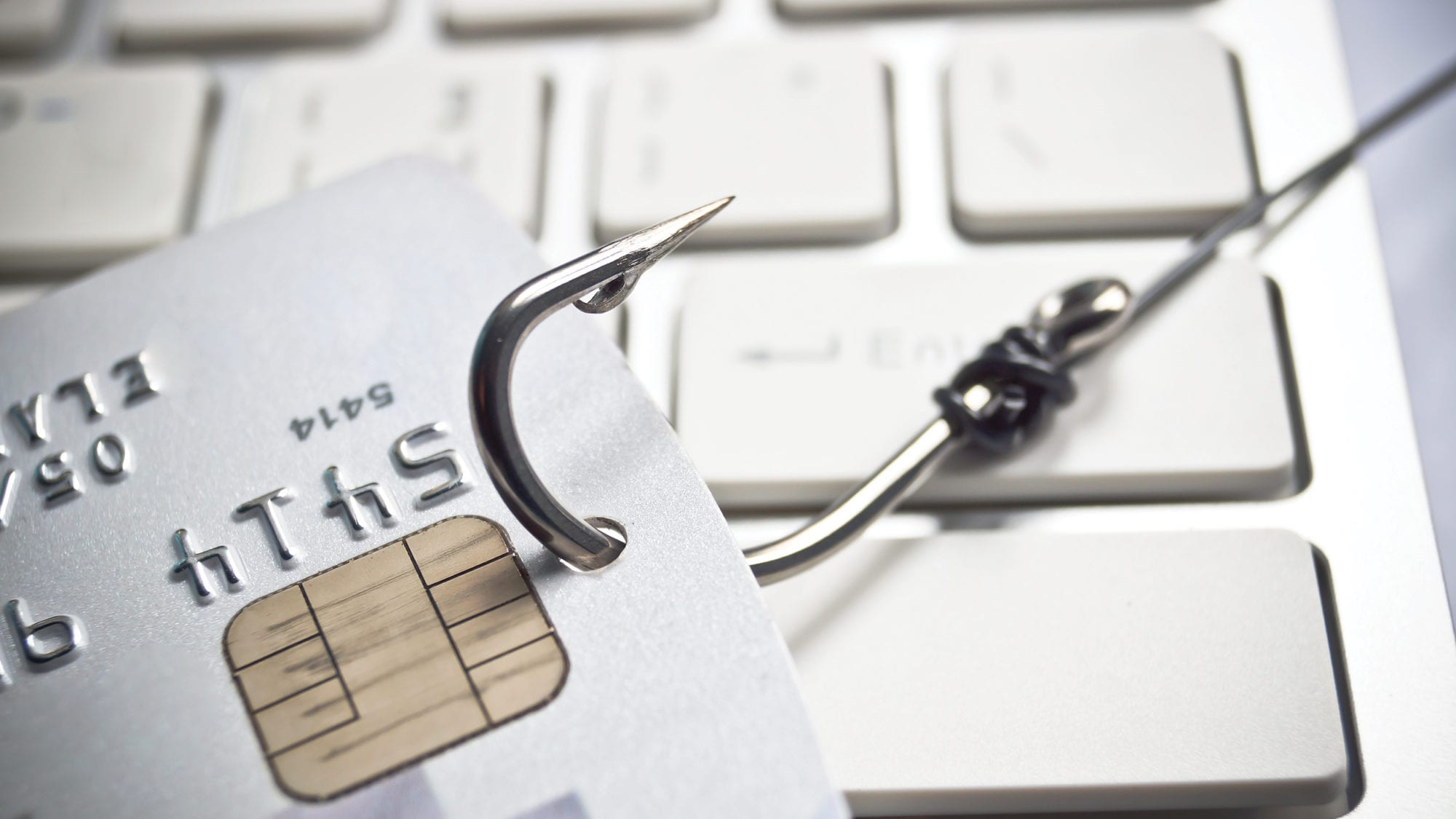By now, most of us know the internet can be exploited by people with dishonest intentions. Yet our awareness of cyber criminals hasn’t slowed them down: In 2022, over 56,000 Canadians were victimized by fraud, costing $530 million.
Phishing scams, whereby criminals try to trick you into providing personal details and data such as account passwords, remain stubbornly pervasive. “The attacker’s end goal is to use your information for their financial gain,” says Nickkisha Farrell-Myles, an IT security specialist at AMA.
What do Albertans need to know about phishing scams?
They’re not only done by email. Scammers also try to get people to click on links in text messages, and through messages on social media platforms like WhatsApp and Instagram. Phone scams, too, are still a problem. Criminals can make it look like they’re calling from a legitimate organization, and they often try to create a sense of urgency, playing on your emotions. They want you to panic and quickly provide personal details without thinking about it.
Has the COVID-19 pandemic had an impact?
We’re seeing more scammers impersonating government agencies, such as Alberta Health and the Canada Revenue Agency. They might claim you’ve been exposed to COVID-19 or that your test results are ready. Out of concern, you’re more likely to click on a link to learn more. Although CRA scams aren’t new, many more Canadians now receive various government benefits, and criminals are trying to take advantage of people’s unfamiliarity with the system.
MORE TO READ
Ask the Expert: the ins and outs of online fraud
How can I guard against phishing?
Be very skeptical about all unexpected contact attempts. Reputable organizations don’t ask you to “confirm” personal details via email or direct message. Look closely for clues like spelling or grammar errors, disguised links and email addresses that don’t seem quite right.
What are some easy ways to keep online information secure?
Be careful about what you post to social media—especially when responding to “20 Questions”-style viral challenges. Sharing your mother’s maiden name or the name of a pet, or even something innocuous like the make of your first car, could help scammers get past screening or password-reset questions to access your accounts. For high-stakes accounts, like those for your email and online banking, enable multi-factor authentication as an extra layer of protection: The site will not only require your password, but also a second piece of information that only you have access to, such as a code that’s sent to your phone.
MORE TO READ
How to stay secure while shopping online
What if my information has been compromised?
Your first response should be to protect yourself from further risk. If your financial details have been compromised, call your banks, credit card companies and Equifax and TransUnion credit bureaus, so they can flag your accounts and scrutinize suspicious transactions. Then contact the police and the Canadian Anti-Fraud Centre, to help them track fraud attempts locally and nationally. Reporting is not only the first step to getting your life back on track, it can also help ensure others aren’t victimized in the future. Above all, don’t be embarrassed if you’ve been scammed; it truly can happen to anyone.
SAFE SHREDDING
Combat identity theft with AMA’s secure document disposal service. Get secure envelopes (member price: $18.95 for 6) at an AMA centre, fill them and return to us for shredding.
